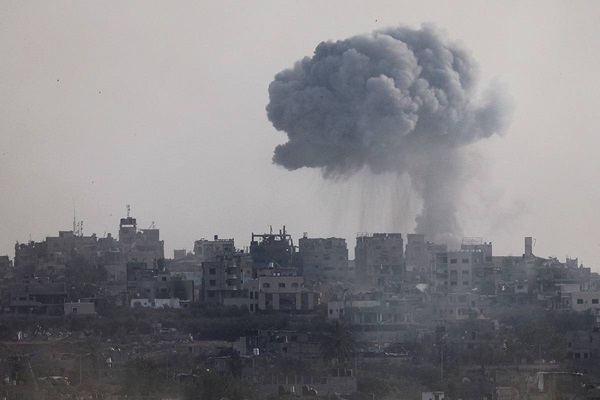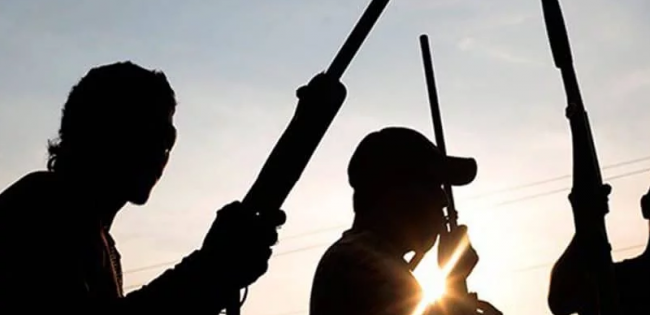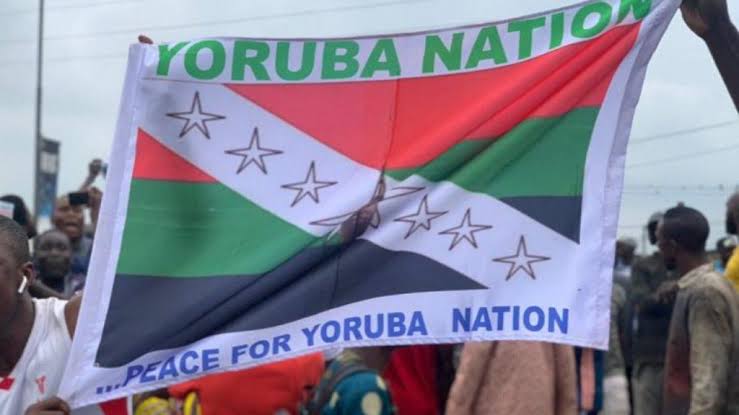The long-standing tension between Israel and Iran spiraled into deadly violence overnight, as both countries launched fresh attacks on each other, killing scores and plunging the region deeper into crisis. Amid the escalating conflict, reports have emerged that former U.S. President Donald Trump vetoed an Israeli plan to assassinate Iran’s Supreme Leader Ayatollah Ali Khamenei, a decision that may have averted an all-out regional war.
Fresh Strikes, Rising Toll
According to Iran’s Health Ministry, at least 128 people have been killed and over 900 injured in Israeli airstrikes that began Friday. Israel’s surprise offensive, dubbed “Operation Rising Lion,” targeted Iran’s nuclear and military infrastructure, including high-value command posts and fuel depots, igniting massive explosions across Tehran and surrounding provinces.
Iran retaliated swiftly with a barrage of ballistic missiles directed at key Israeli cities, including Tel Aviv, where sirens blared and explosions rocked the capital. Iranian strikes reportedly killed at least 11 people. Footage from Tehran showed blazing skies as fuel depots burned through the night, and student dormitories were hit in residential strikes that left dozens injured.
Multiple car bombs also detonated near government buildings in Tehran, adding to the chaos.
Assassination Plan Blocked by Trump
In a dramatic twist, two senior U.S. officials revealed that Trump, in recent days, blocked an Israeli proposal to assassinate Ayatollah Khamenei. The officials, who spoke anonymously due to the sensitivity of the matter, said the White House swiftly rejected the idea after Israeli officials floated it during closed-door discussions.
Trump reportedly feared the move would escalate the conflict beyond control and destabilize the region. “Have the Iranians killed an American yet?” he reportedly asked before shutting the plan down. The former president, while publicly supporting Israel’s right to defend itself, is said to be wary of triggering a wider war.
Asked about the plan during a Fox News interview, Israeli Prime Minister Benjamin Netanyahu declined to confirm the U.S. veto but said, “We’ll do what we need to do. And I think the United States knows what is good for the United States.”
A War of Warnings
Speaking from a damaged apartment complex in Bat Yam where six people were killed in Iranian missile strikes, Netanyahu vowed that Iran would pay a heavy price “for the murder of civilians, women, and children.”
An Israeli official, who declined to give a timeline for the ongoing offensive, said multiple “dual-use” facilities supporting Iran’s nuclear and military capabilities were being targeted. Civilians living near such installations have been warned to evacuate.
Iran’s President Masoud Pezeshkian responded defiantly, promising that Iran’s retaliation would grow “more decisive and severe” if Israel’s military campaign continued.
Trump Warns Tehran Against Hitting U.S. Assets
Though the U.S. has not been directly involved in the strikes, Trump issued a stark warning to Tehran: “If we are attacked in any way, shape, or form by Iran, the full strength and might of the U.S. Armed Forces will come down on you at levels never seen before.”
Speaking via Truth Social, Trump added that peace “can be achieved soon,” hinting that behind-the-scenes negotiations were already underway.
Despite his support for Israel’s campaign, Trump remains adamant that diplomacy remains the path forward—provided Iran agrees to tough new restrictions on its nuclear program, which Tehran insists is for peaceful purposes. However, Western nations continue to express concern that the program could be used to build nuclear weapons.
Global Alarm and Diplomatic Push
The widening conflict has raised fears of a regional war, with oil prices surging and governments across the globe calling for restraint. World powers, including the G7 and the European Union, have convened emergency meetings to prevent further escalation.
As air defenses remain on high alert in both Israel and Iran, and missiles continue to darken the skies, the possibility of a broader war looms large. With the U.S. playing a cautious but powerful role behind the scenes, the world watches closely—hoping diplomacy can outpace devastation.




